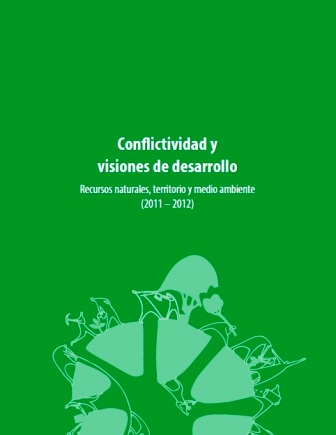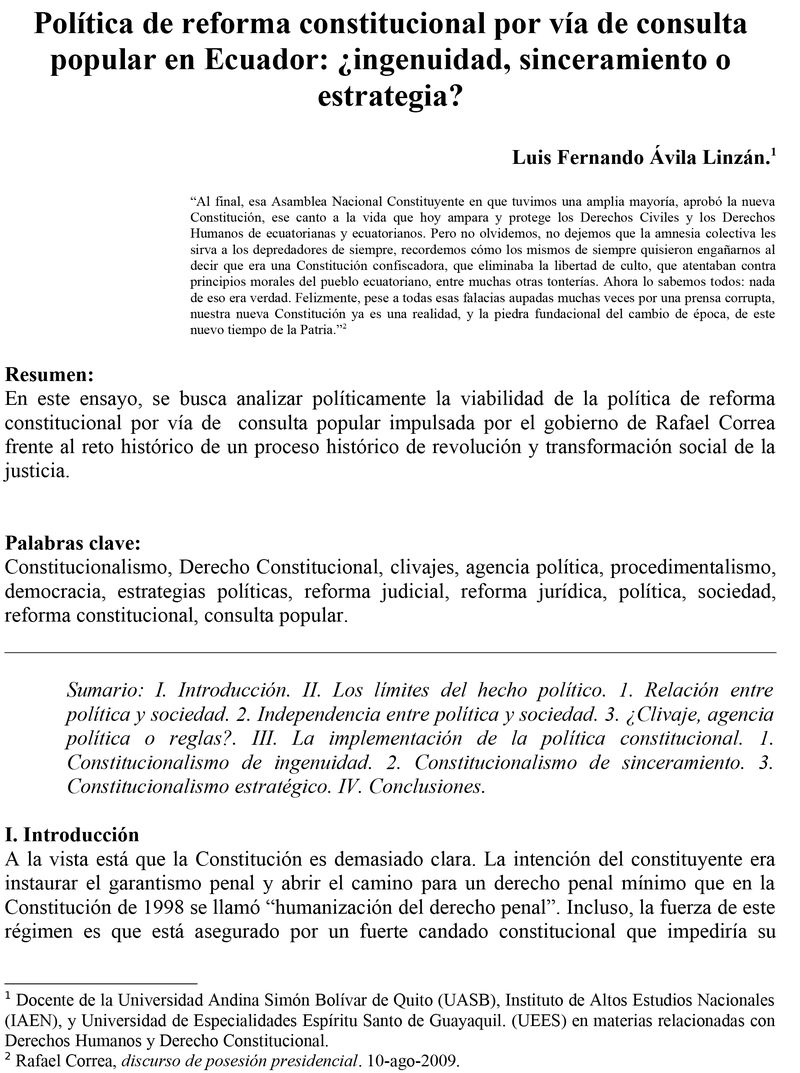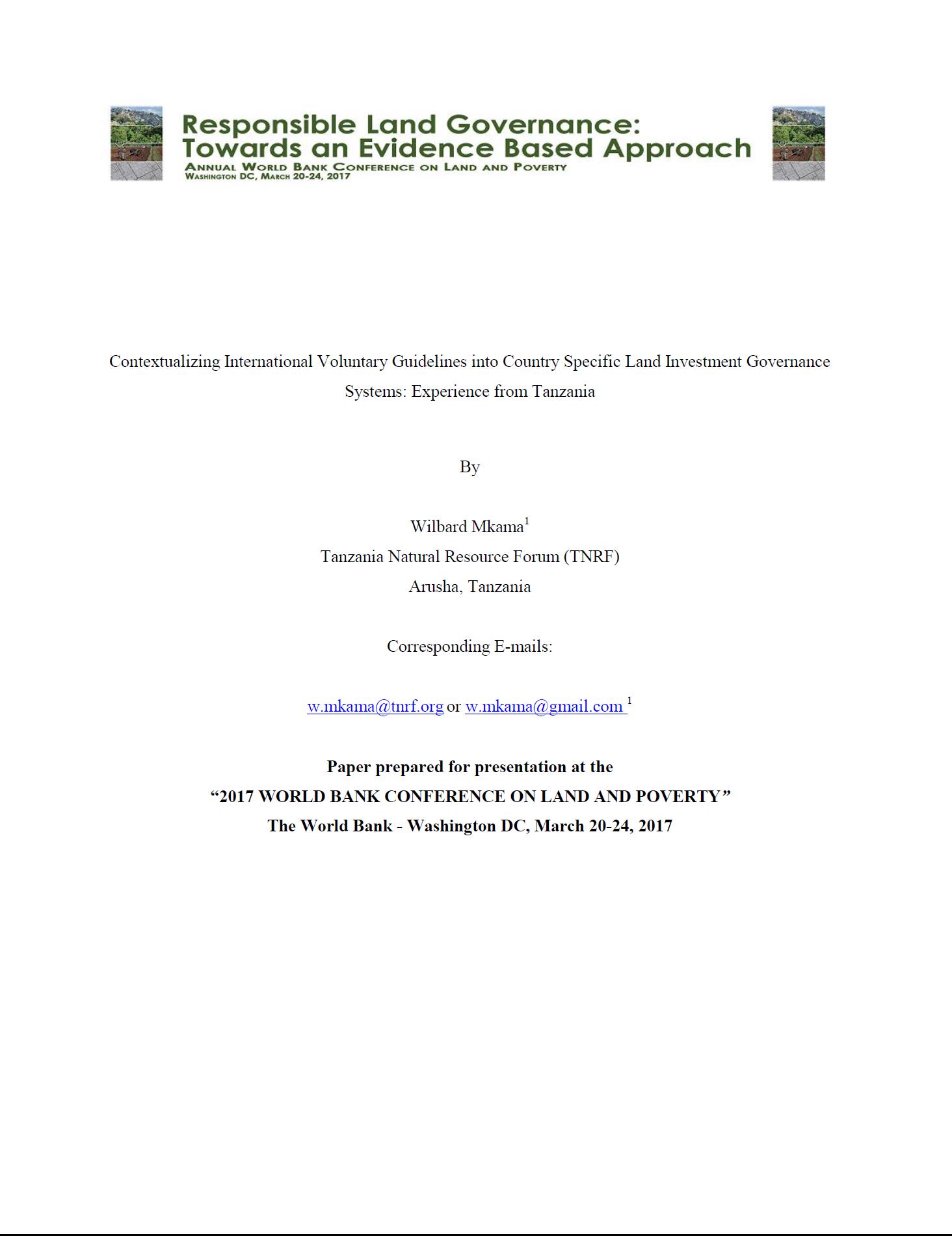Rural women's access to land and property in selected countries: Progress towards achieving the aims of the Convention on the Elimination of all forms of Discrimination against Women (CEDAW) INCLUDING 2010 UPDATE
In 2010, the ILC Secretariat decided to update information contained in the 2004 publication, so as to have a new basis to work more closely with and through CEDAW at national level. The update gives more visibility to the CEDAW Committee’s Concluding Observations and, accordingly, also to the CSOs’ shadow reports feeding them. This inclusion offers a more critical and comprehensive, if preliminary, overview of the situation of rural women in selected countries. NOTE: The 2004 publication is also available through this site.






